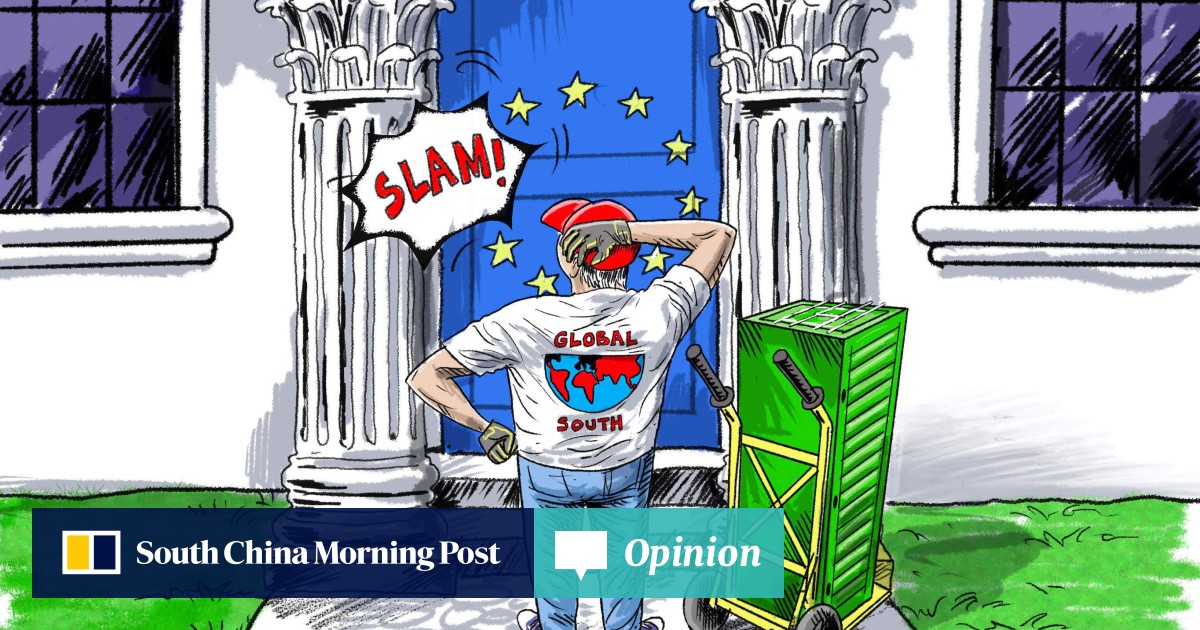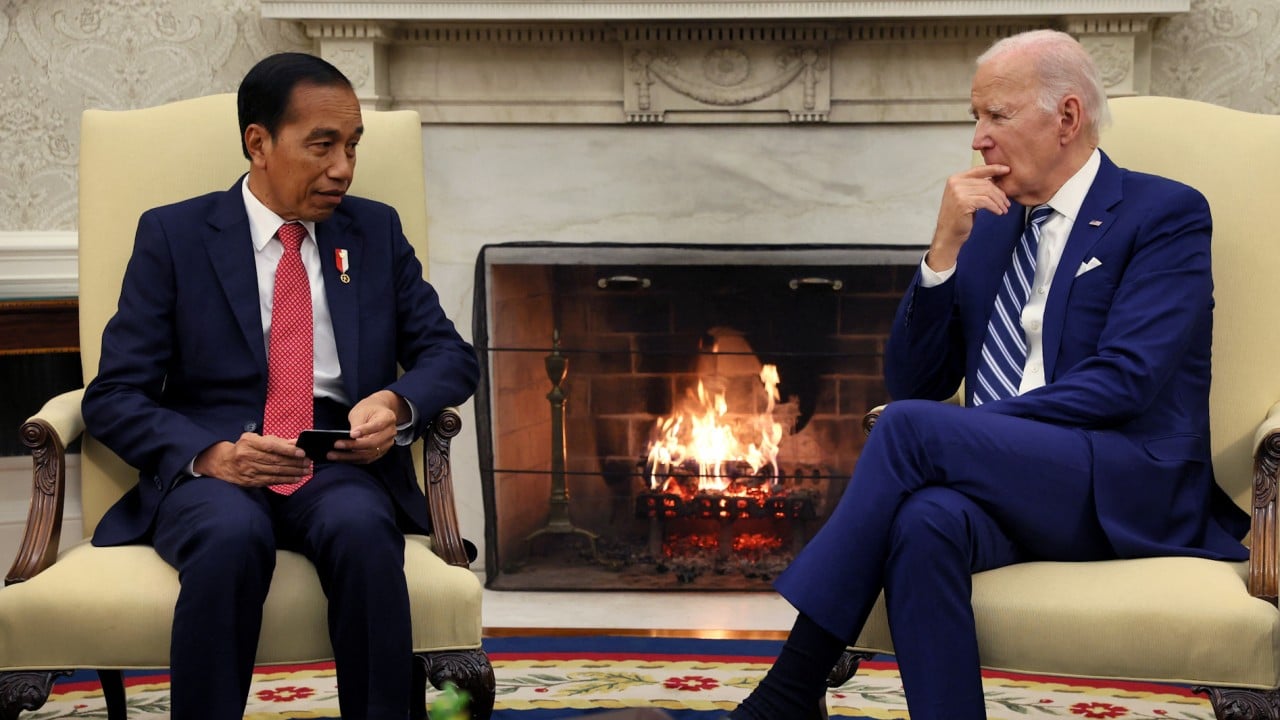Viewed as discriminatory by BASIC, a grouping that includes Brazil, South Africa, India and China, the EU’s border tax will work to deter carbon-intensive imports, such as aluminium and steel.
BASIC sees the tax, and rightly so, as opposed to the Paris Agreement’s principle of “common but differentiated responsibilities and respective capabilities”. This provides that while all countries are responsible for addressing global environmental destruction, the developed countries cumulatively responsible for the bulk of emissions are duty-bound to do more.
But the EU’s carbon border tax, in essence, demands that developing countries cut their emissions to the bloc’s level to avoid being punished. It ignores the wide differences between Europe’s economic development and that of developing nations, and their contributions to, and abilities to address, climate change.
Rather than creating a level playing field, as the EU claims, its tax is akin to pitting a heavyweight boxer against a featherweight. Unsurprisingly, the move is increasingly viewed in the developing world as the EU’s failure to face its historical responsibility and an attempt to shift the burden of cleaning up after itself to poor countries, calling into question Europe’s climate change pledges.
The EU’s tax is undermining trust and creating a rift with the Global South when global cooperation is most needed. It could ignite a tariff war and divert attention and energy away from urgently needed emission cuts.
EU trade commissioner Valdis Dombrovskis has called China’s overcapacity in renewable energy products “a cause for concern”.
Governments must act decisively on the climate or we’re all doomed to boil
Governments must act decisively on the climate or we’re all doomed to boil
In the EU, thanks to cheaper photovoltaic components from China, solar power is fast becoming the cheapest form of electricity to generate. Consequently, at least 40GW of solar capacity is expected to be installed in the EU this year. Many are asking: could the EU achieve its climate goals without China?
More detrimental to global decarbonising goals are Washington and Brussels’ efforts to reshape global supply chains in renewable industries and electric vehicles to exclude China.
To transition away from fossil fuels and reach net zero emissions globally by 2050, it makes sense for China to play an increased role in supplying the needed green energy products, from electric vehicles to solar and wind energy.
It would take years, if ever, for the United States and EU to build their own supply chains, during which time they have no way to make up for lost supply from China. It is highly likely that the ability of the US and EU to deliver their climate objectives would be severely impaired.
Critical minerals are the new front line of US-China rivalry
Critical minerals are the new front line of US-China rivalry
Moreover, the reworking of supply chains is almost certain to create supply uncertainty and disruptions globally, and increase the competition for resources. Attempting to shut out China’s renewable industries imperils climate action globally.
It is unfortunate that global climate goals are being sacrificed on the altar of narrow self-interest. Given the spirit of Cop28, and for the sake of the home on Earth we share, isn’t it time that Washington and Brussels abandoned their restrictive trade practices?
Zhou Xiaoming is a senior fellow at the Centre for China and Globalisation in Beijing and a former deputy representative of China’s Permanent Mission to the United Nations Office in Geneva



